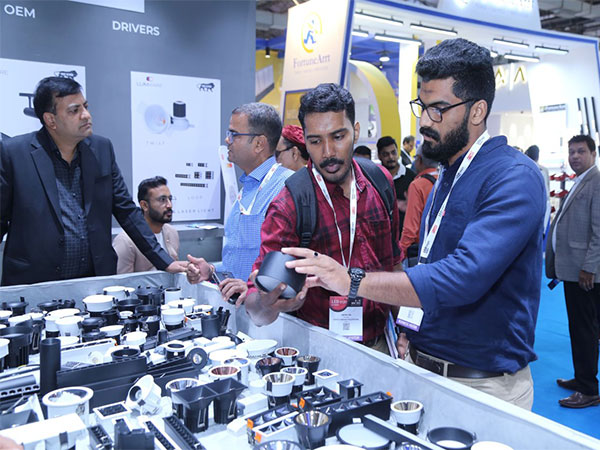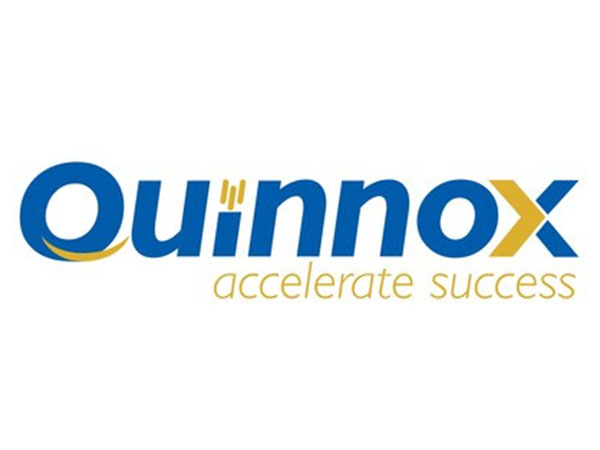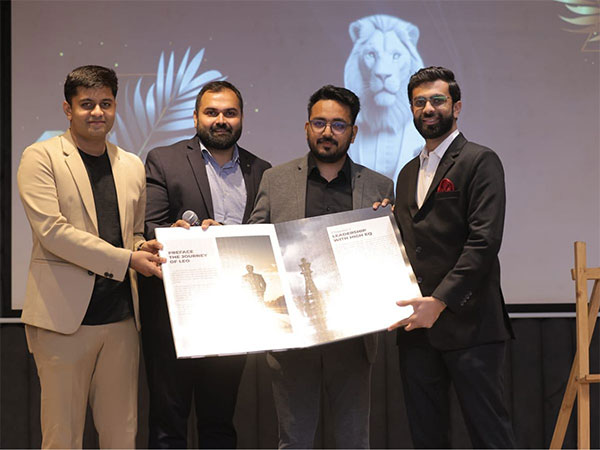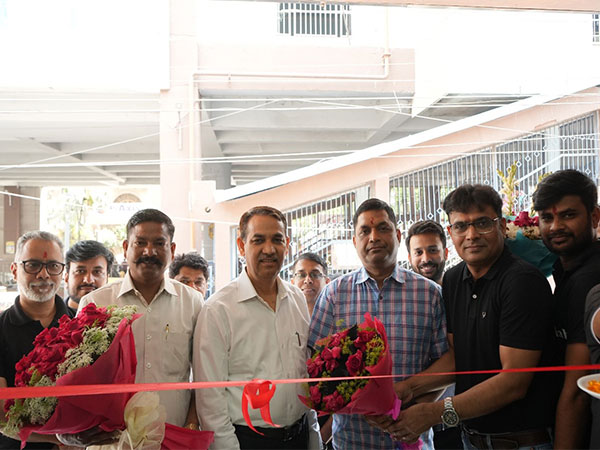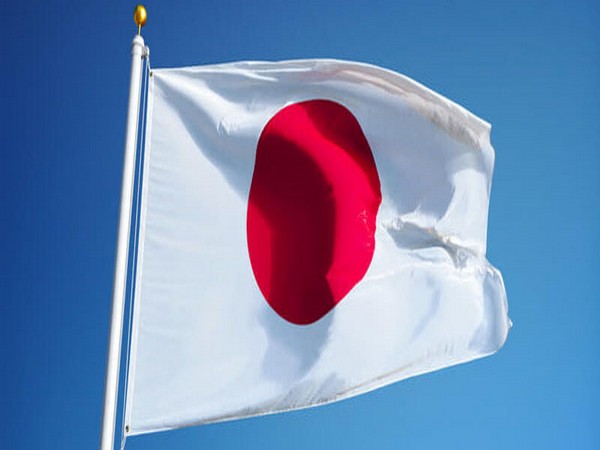
The Japan-NATO handshake in the middle of the "power game" in the Indo-Pacific
Feb 02, 2023
Tokyo [Japan], February 2: The increased cooperation between Japan and NATO is assessed to create a lot of influence in the Indo-Pacific region in the context that this region is facing many challenges.
Reuters reported that NATO Secretary General Jens Stoltenberg and Japanese Prime Minister Fumio Kishida had talks on January 31 in Tokyo. The meeting was on the agenda when Mr. Stoltenberg visited Japan and South Korea. Before arriving in Tokyo, the NATO Secretary General went to Seoul.
During talks on January 31, Secretary General Stoltenberg and Prime Minister Kishida pledged to strengthen ties, criticizing Russia's military actions in Ukraine as well as increasing military cooperation between Russia and China for creating an environment The most tense security scene since World War 2.
Mr. Stoltenberg's visit takes place in the context of Japan's recent push to share the burden with the US, continuously strengthening its position in the Indo-Pacific (Indo-Pacific) amid the rise of China in the Indo-Pacific region. area.
Together to adjust foreign policy
Answering ThanhNien on February 1, Assoc. Stephen Robert Nagy (International Christian University - Japan, scholar at the Institute of International Affairs of Japan) analyzed: "Amid the Chinese context, there are many acts that cause aggression. Under economic pressure, militarization, and defiance of international law, NATO members and Japan are adjusting their foreign policies to protect and enhance their impact on the established rules-based order. World War 2".
"The meeting between NATO Secretary-General Jens Stoltenberg and Japanese Prime Minister Fumio Kishida reflects this alignment, but should not be seen as an Asian NATO or an attempt to contain China. Instead, the visit and links reflect deep concerns about Russia and China, aiming to guide foreign policy approaches to determine how countries resolve international disputes", Mr. Nagy assessed and further analyzed: "Both NATO and Japan want to uphold the rules-based order so that smaller states can feel secure in the face of neighbors who are powerful powers."
Mutually beneficial
Also answering ThanhNien ,Dr. Satoru Nagao (Hudson Research Institute, USA) assessed: "The visit of the NATO Secretary General to Japan this time is one of the important steps in strengthening the relationship between the two sides." .
"Indeed, European countries have an interest in ensuring security in the Indo-Pacific. When Russia launched a military operation in Ukraine, European countries sent naval ships and fighter jets to participate in the wars. In the Indo-Pacific, for example, in 2021, the UK sent an aircraft carrier strike group led by the Queen Elizabeth aircraft carrier along with Dutch and US warships to the region.France also sent submarines. nuclear and other surface fleets to the South China Sea.Germany has also sent a destroyer to Australia, Japan...and has passed through the South China Sea Since Russia launched a military campaign against Ukraine, the moves Cooperation between Europe, Japan and South Korea accelerated, even as European countries shared more military resources to support Ukraine.The NATO Strategic Shaping 2022 document also argues that China's ambitions and policies challenge NATO's interests, security and values," said Dr. Nagao.
Besides, according to Dr. Nagao, the recent increase in cooperation between China and Russia has pushed NATO and Japan to strengthen their response. Last year, Chinese and Russian naval ships and strategic bombers conducted joint patrols in the waters and airspace around Japan. In this context, NATO's Shaping Strategy 2022 document also emphasized: "The deepening strategic partnership between China and Russia, and their mutually reinforcing efforts to change a rules-based international order that runs counter to our values and interests".
Source: ThanhNien Newspaper


